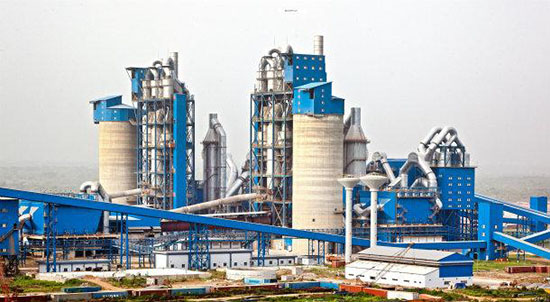Manufacturing In Tanzania

Manufacturing in Tanzania as a non-citizen involves several steps and considerations, including legal requirements, investment incentives, and compliance with regulations. Tanzania welcomes foreign investors, and there are opportunities in various manufacturing sectors. Here are the key steps to start manufacturing in Tanzania as a non-citizen:
Market Research and Business Plan:
Conduct thorough market research to identify the manufacturing sector that aligns with your expertise and market demand. Develop a comprehensive business plan that outlines your manufacturing project, including financial projections, target market, and strategies for growth.
Investment Approval:
Foreign investors are encouraged to register their investment projects with the Tanzania Investment Center (TIC). This step helps facilitate the investment process and ensures that your project complies with Tanzanian investment regulations.
Company Registration:
Register your manufacturing company with the Business Registration and Licensing Agency (BRELA) in Tanzania. You may choose to establish a new company
or acquire an existing one.
Legal Structure:
Determine the legal structure of your manufacturing business, such as a limited liability company or a joint venture with a local partner. The choice of legal structure can affect your liability, ownership, and tax obligations.
Land Acquisition:
Secure land for your manufacturing facility. As a non-citizen, you can lease land from the Tanzanian government or a private landowner. Ensure that the land is suitable for your manufacturing operations and complies with local zoning regulations.
Environmental Impact Assessment (EIA):
Depending on the nature of your manufacturing activities, you may need to conduct an Environmental Impact Assessment (EIA) to assess and mitigate potential environmental impacts. This is a regulatory requirement.
Obtain Necessary Permits and Licenses:
Apply for the necessary permits and licenses from relevant government agencies, such as the Tanzania Bureau of Standards (TBS) for product quality and
safety standards. Compliance with regulatory requirements is essential.
Taxation and Incentives:
Familiarize yourself with Tanzania's tax regulations, including corporate income tax, value-added tax (VAT), and customs duties. Explore available investment incentives and tax holidays for specific sectors or regions.
Infrastructure and Utilities:
Ensure access to essential infrastructure and utilities, including electricity, water supply, and transportation networks. Reliable utilities are crucial for manufacturing operations.
Workforce and Training:
Recruit and train a skilled workforce. Tanzania has a growing labor force, and training programs can be implemented to meet specific industry needs.
Supply Chain Management:
Establish a robust supply chain to source raw materials and components efficiently. Evaluate local and international suppliers for cost-effectiveness and
quality.
Quality Control and Standards:
Adhere to international quality standards and certifications relevant to your manufacturing sector. Compliance with standards ensures the quality and safety of your products.
Marketing and Distribution:
Develop marketing and distribution strategies to reach your target market. Consider local and regional markets for your manufactured products.
Financial Management:
Implement sound financial management practices to monitor expenses, revenue, and profitability.
Compliance and Reporting:
Continuously monitor and comply with regulatory requirements, including tax filings and reporting to government agencies.
Starting a manufacturing business in Tanzania as a non-citizen can be a rewarding venture, but it requires careful planning, compliance with regulations, and local partnerships. Consult with local experts, legal advisors, and government agencies to navigate the investment process successfully. Keep in mind that specific requirements may vary based on the type of manufacturing and location in Tanzania.

